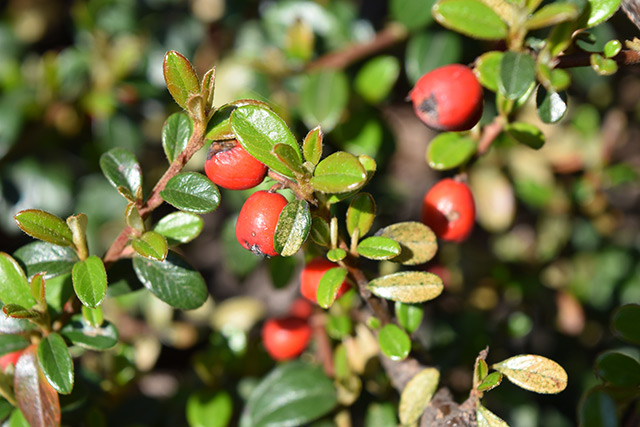Better than drugs: New documentary explains how lifestyle choices such as gardening, yoga and meditation are the best path to mental health
12/01/2017 / By Russel Davis

Yoga, meditation and gardening may effectively relieve stress and boost the body’s overall health, a new documentary shows. The documentary examined the effects of the three drug-free interventions on 68 volunteers who reported feeling stressed. Three sets of control groups were observed during the eight-week study. The researchers noted the participants’ stress levels during the study’s duration. The volunteers were instructed to complete psychological questionnaires and provide saliva samples in order to measure their cortisol awakening response (CAR).
Experts explained that cortisol stimulates the brain and prepares the body for its daily activities. According to the scientists, people experience an uptick in cortisol levels upon waking, a mechanism that is known as CAR. The researchers have also discussed that people suffering from stress experience less CAR in the morning, which negatively affects their coping mechanism.
“There’s growing evidence that social interaction and contact with nature has a positive affect on our mood. Studies into yoga suggest it can help alleviate stress by lowering the heart rate and blood pressure. And there is also research to suggest mindfulness, a form of meditation that focuses the mind on the present, helps you avoid being caught in a cycle of negative thoughts which cause stress,” Dr. Michael Mosley has stated in a Daily Mail report.
The findings have shown that mindfulness training produced the best results in terms of regulating cortisol balance, followed by gardening, and yoga. According to the research team, the volunteers who underwent the interventions exhibited a 14 percent increase in CAR. Likewise, those who enjoyed the activities displayed a 42 percent increase in CAR. (Related: Meditation changes the structure of your brain, cuts stress in half according to new study.)
Other studies prove that mindfulness training, gardening relieve stress
A review published early this year revealed that gardening may indeed boost overall health outcomes. The research team examined 22 case studies as part of the meta-analysis and found that participating in gardening activities may help reduce symptoms of stress and anxiety. In addition, gardening is found to shed excess weight, alleviate stress, and address mood swings as well as improve a person’s quality of life.
“Our meta-analysis has provided robust evidence for the positive effects of gardening on health. With an increasing demand for reduction of health care costs worldwide, our findings have important policy implications. The results presented here suggest that gardening can improve physical, psychological, and social health, which can, from a long-term perspective, alleviate and prevent various health issues facing today’s society. We therefore suggest that government and health organizations should consider gardening as a beneficial health intervention and encourage people to participate in regular exercise in gardens,” the researchers reported.
Likewise, an analysis carried out by researchers at the Coventry University in London and the Radboud University in the Netherlands has revealed that both meditation and yoga may help reverse certain molecular reactions in the DNA that cause poor health and depression. As part of the review, the health experts examined 18 studies with a total cohort population of more than 800 participants.
The scientists observed that participants who practiced mind-body interventions (MBIs) such as meditation and yoga showed a significant decrease in nuclear factor kappa B (NF-kB), a molecule responsible for activating genes that trigger inflammation at a cellular level. According to the experts, persistent inflammation may accelerate the aging process and may trigger the onset of various psychiatric disorders such as depression.
“These activities are leaving what we call a molecular signature in our cells, which reverses the effect that stress or anxiety would have on the body by changing how our genes are expressed. Put simply, MBIs cause the brain to steer our DNA processes along a path which improves our well-being,” lead investigator Ivana Buric has told Science Daily online.
Sources include:
Tagged Under: cellular level health, cortisol balance, depression, gardening, lifestyle choices, longevity, Meditation, mental health, mind body science, mindfulness, natural remedies, prevention, social interaction, stress, Yoga




















